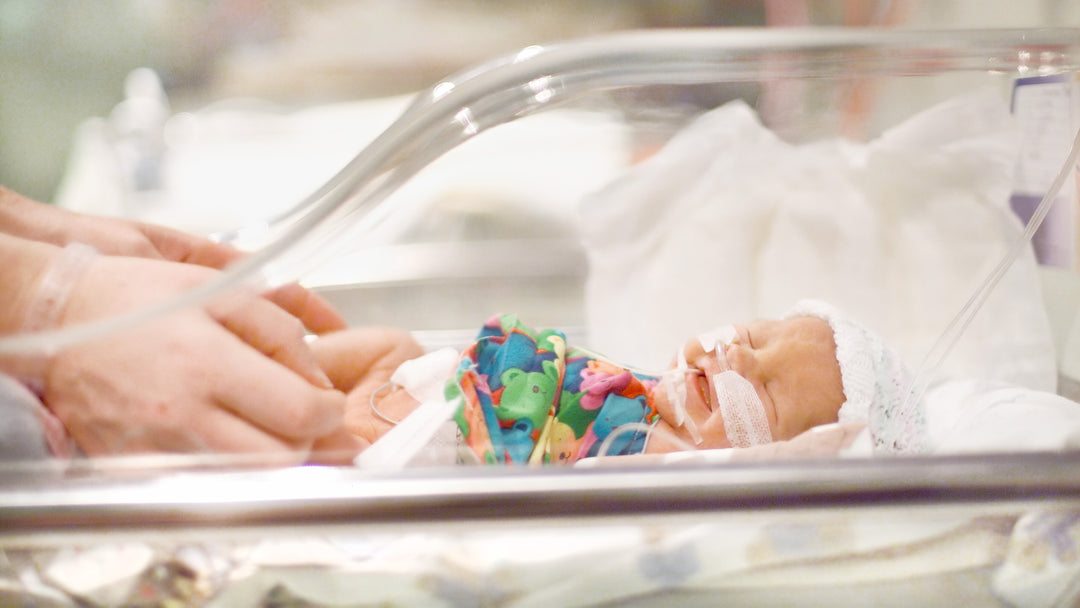Why is My Preemie Here?
The journey of welcoming a preemie into the world is woven with threads of hope, resilience, and, understandably, a cascade of questions. As parents, the delicate nature of our preemie's early arrival can stir emotions that range from joy to trepidation. In this blog post, we gently untangle the complexities surrounding why your preemie is in the hospital, offering a compassionate exploration of the circumstances that often lead to a preterm infant's stay in the Neonatal Intensive Care Unit (NICU). Each reason is a unique chapter in your preemie's story, and understanding them not only nurtures informed decision-making but also allows you to play an active role in the tender care your little one deserves.
Preterm Birth and Neonatal Intensive Care:
- The primary reason for the hospitalization of preemies is their premature birth, occurring before 37 weeks of gestation.
- Preterm infants often require specialized care in a Neonatal Intensive Care Unit (NICU) due to the challenges associated with underdeveloped organs and systems.
-
Respiratory Distress Syndrome (RDS):
- Premature infants are at an increased risk of developing respiratory distress syndrome, a condition characterized by difficulty breathing due to underdeveloped lungs.
- Hospitalization allows for immediate medical interventions such as oxygen therapy and respiratory support to address respiratory challenges.
-
Underdeveloped Organs and Systems:
- Preemies may face complications related to the underdevelopment of vital organs, including the lungs, brain, and digestive system.
- Hospital care is essential to provide specialized treatments and interventions tailored to support the growth and maturation of these organs.
-
Infections and Immaturity:
- The immature immune system of preterm infants makes them more susceptible to infections.
- Hospitalization ensures close monitoring and timely administration of antibiotics or other necessary treatments to combat infections.
-
Temperature Regulation Challenges:
- Preterm infants often struggle with maintaining a stable body temperature.
- The hospital environment allows for controlled temperature conditions and immediate responses to fluctuations, reducing the risk of complications associated with temperature regulation.
-
Feeding Difficulties:
- Premature babies may face challenges related to sucking, swallowing, and digesting milk.
- Hospitalization enables healthcare professionals to closely monitor feeding patterns and provide necessary support, such as tube feeding if required.
-
Monitoring Growth and Development:
- Preterm infants require meticulous monitoring of growth and developmental milestones.
- Hospital care includes regular assessments to track weight gain, neurological development, and overall progress towards achieving developmental goals.
Understanding the intricacies of a preemie's hospitalization is pivotal for parents navigating this challenging journey. Open communication with the healthcare team is not only encouraged but also essential. Collaborative discussions with medical professionals provide tailored explanations based on the unique circumstances of each preterm infant, fostering a sense of empowerment for parents to actively participate in their baby's care and decision-making during the hospital stay.








